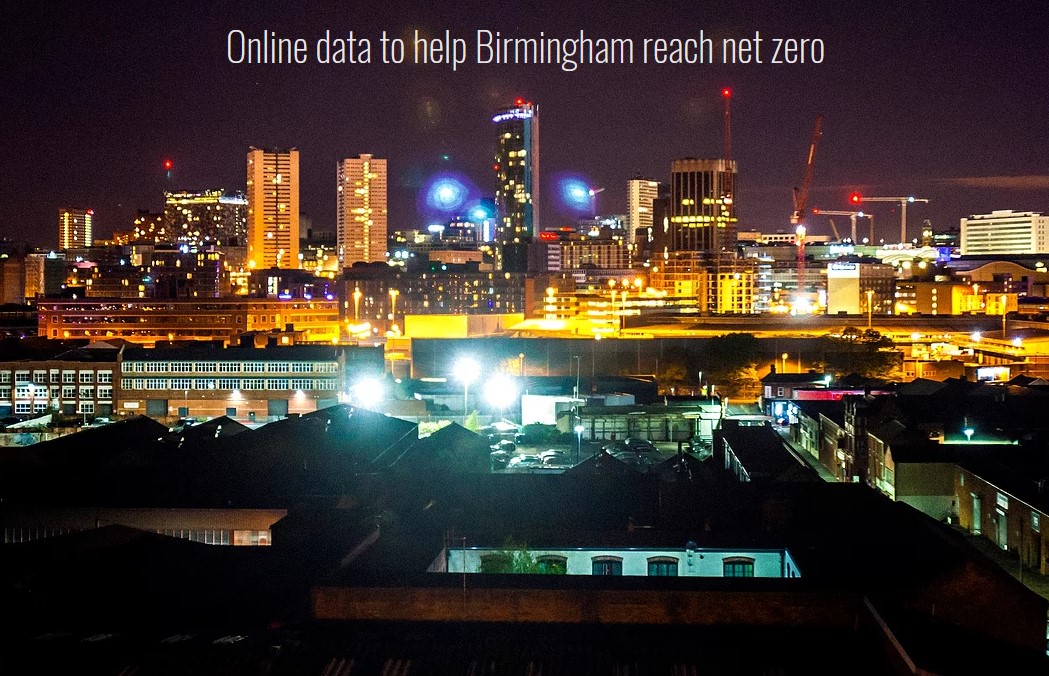The Centre for Sustainable Energy (CSE), a national environmental charity, is offering £100,000 to community groups across Birmingham to support citywide low carbon sustainability projects. Applications open on 7 June and more information is available on the 3D website.
Successful projects will support Birmingham’s net zero carbon targets by using data from the 3D hub, a pioneering free platform using local data to understand the needs of communities. The ten winning projects will receive up to £10,000 each. Applications for funding can focus around a wide range of areas including behaviour change, air pollution, transport, energy and health.
Bridget Newbery CSE project manager said; “We’re excited to support the decarbonisation of Birmingham by working with communities using data. We know local people can achieve the most change because they understand their local area and people best. Our 3D Hub supports this understanding with expert data across a huge range of areas; from understanding how many people are in fuel poverty or able to access broadband in a particular postcode, to looking at air quality or electric car charging points in a specific area and so much more!
“Citizens must act together to ensure the cities we live, work and socialise in are built for the future. Innovation and community are two important aspects, and through this funding competition we’re looking for people with big ideas to create new ways to reduce carbon emissions across Birmingham.”
The 3D hub offers a range of data sets including open data on housing, travel, waste, energy, and emissions. The data includes statistics on regional and sub-regional fuel poverty, air quality, electric car charging points, buildings emissions, cycle routes and more. It's all fully anonymised and meets latest privacy guidance and legislation. This data is specific to the Birmingham City region and can be downloaded and used for free.
Successful projects will use data in some way, for example to engage with communities, to identify opportunities for targeting work, or in the delivery of local environmental initiatives.
Examples could include:
- A community energy group wants to install more solar PV. The 3D Hub data will help identify suitable rooftops using information on energy consumption, rooftop solar PV potential and conservation areas to identify potential sites and inform a targeted plan to engage with local installers and home owners.
- A health charity want to install outdoor gym equipment in parks working with communities with high levels of obesity. They will use data on air pollution and health outcomes overlaid with green spaces data to identify potential sites for the project.
- A foodbank is looking to start some vegetable growing projects for their customers. They will identify priority areas using data on food emissions and income levels. Potential sites will be identified using data on land use and open space.
This project is proudly supported by Birmingham City Council’s The Route to Zero (R20) Taskforce and ICLEI – Local Governments for Sustainability, a global network working with more than 2,500 local and regional governments committed to sustainable urban development.
CSE is offering pre application support and has a checklist to enable community groups to decide areas they may need to work on before submitting a full application.
